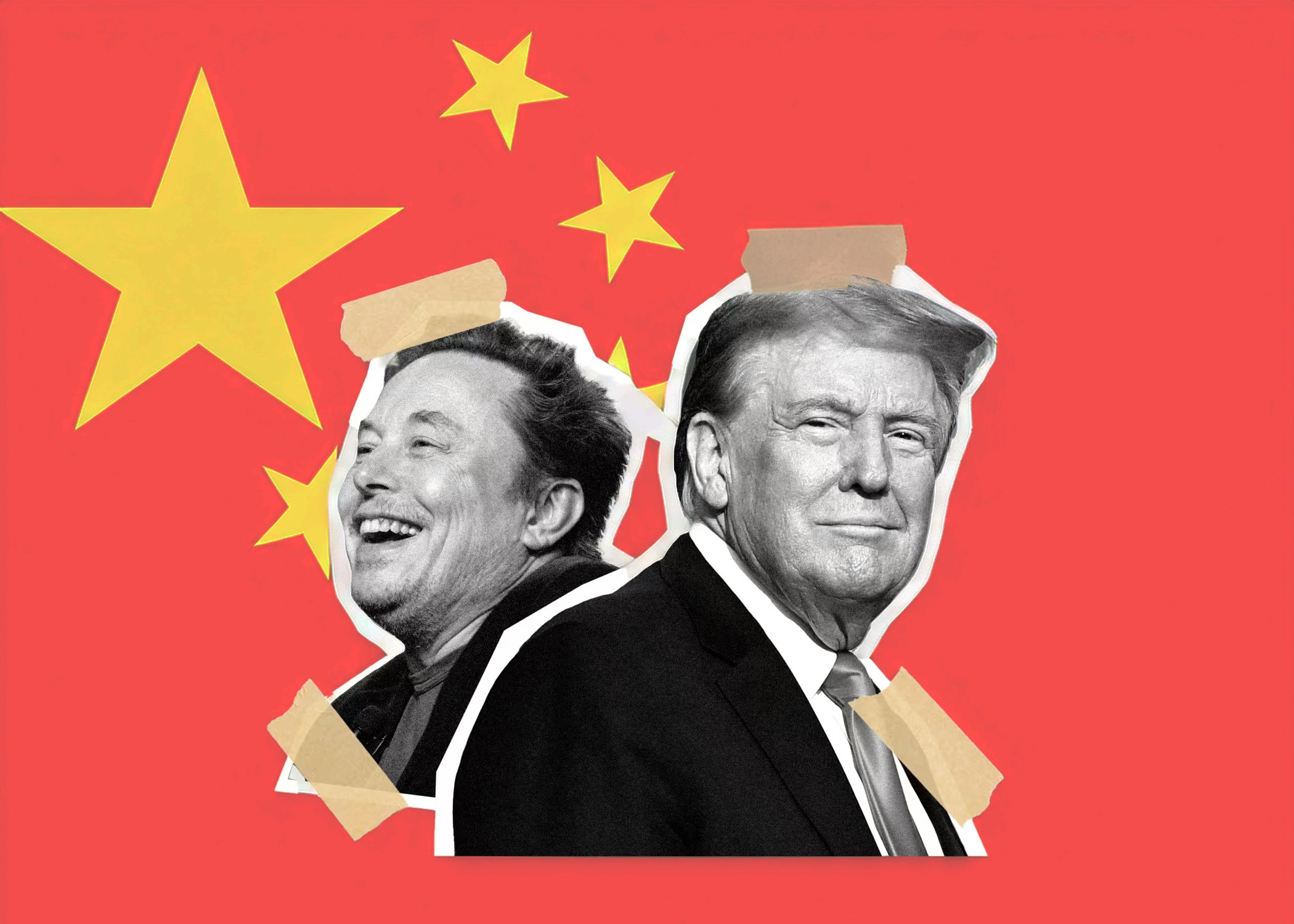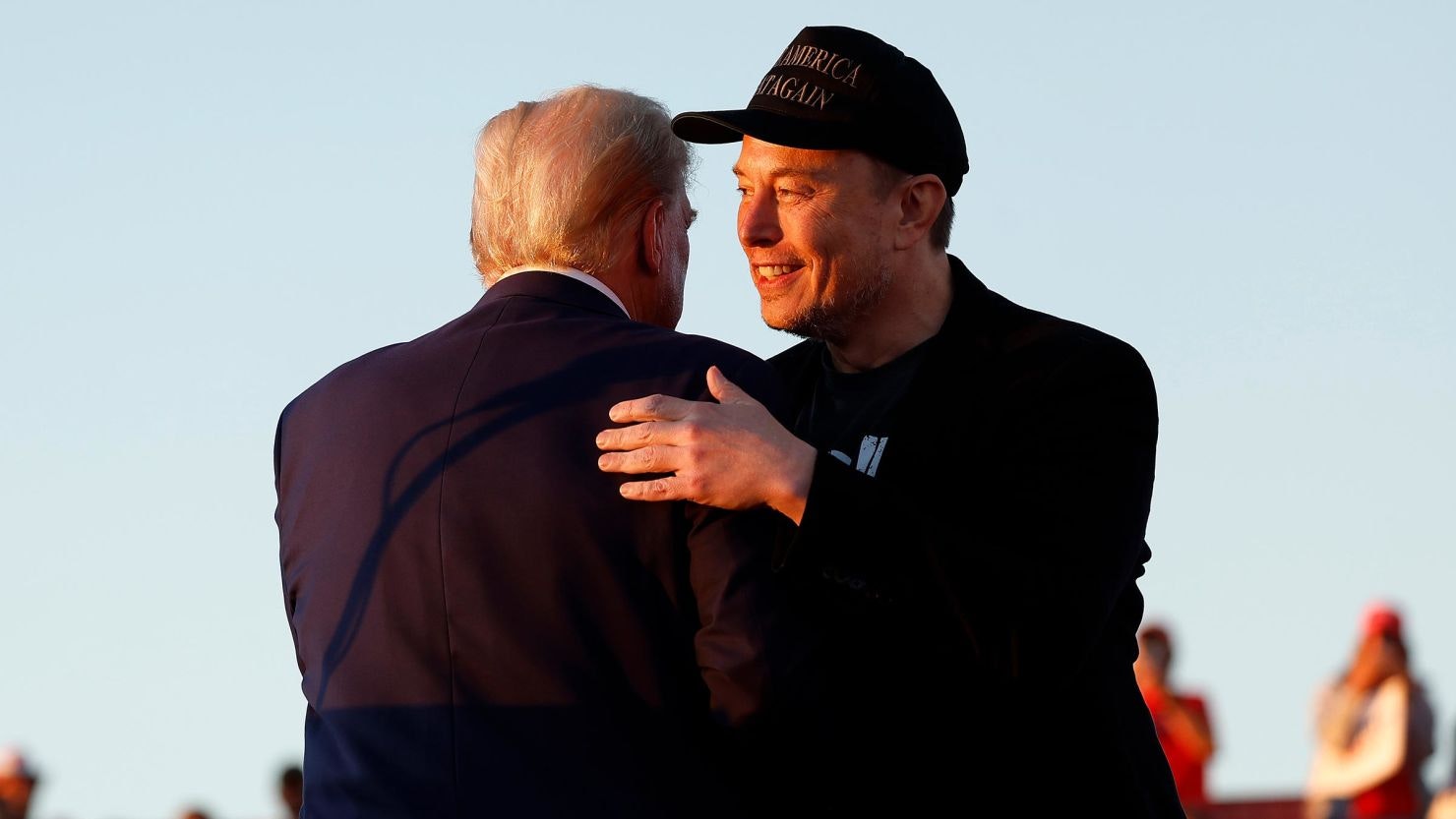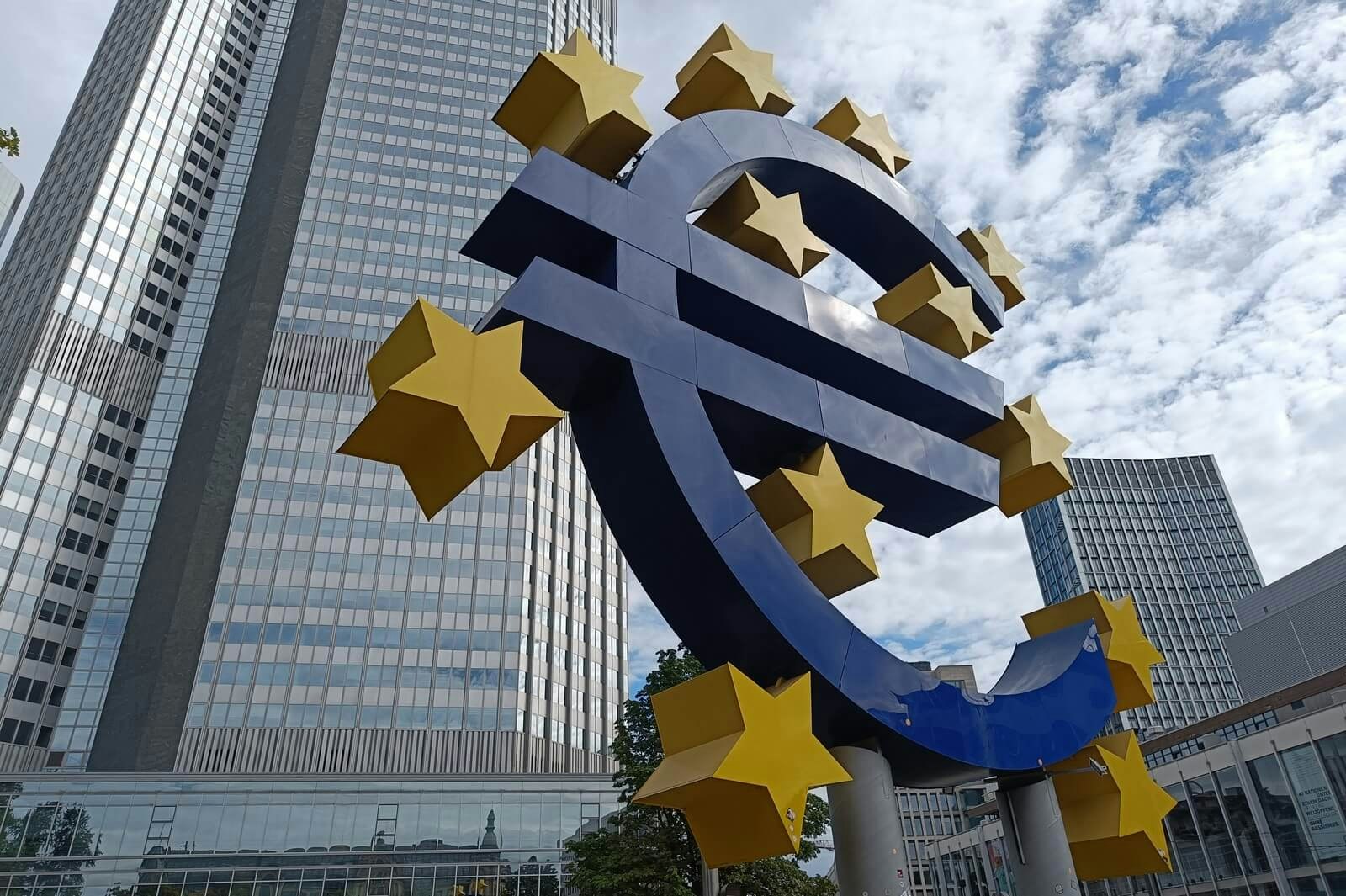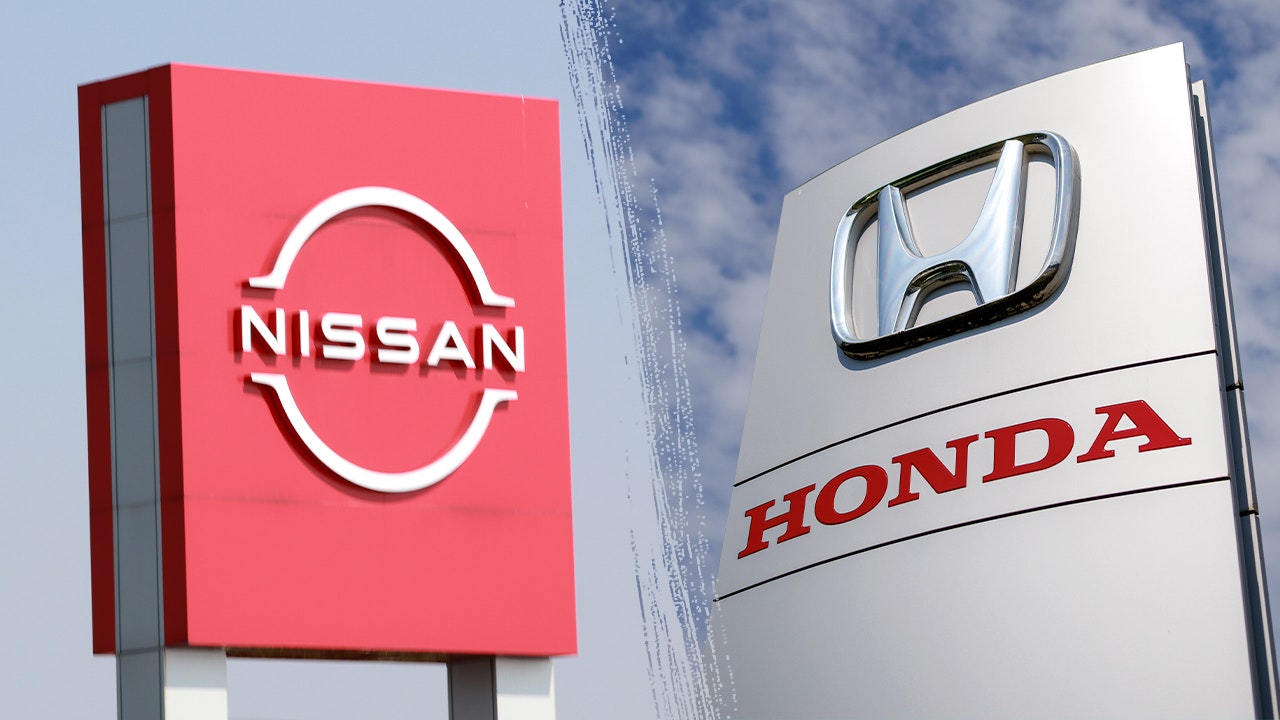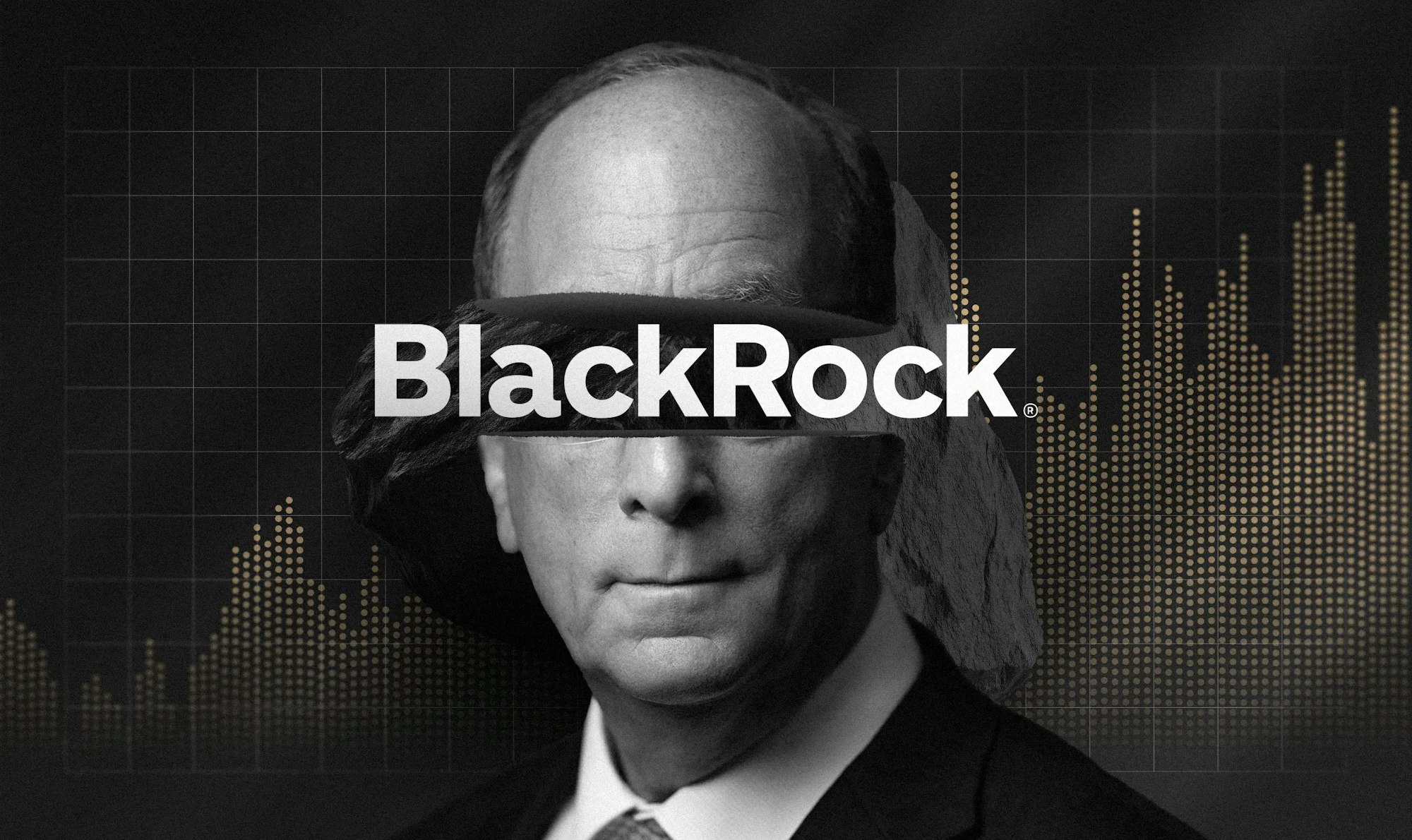Elon Musk, the self-proclaimed tech revolutionary and richest person in the world, faces one of his biggest challenges: mediating between the two largest economies in the world. With his closeness to the designated US President Donald Trump and deep ties to the leadership of the Chinese Communist Party, Musk becomes a key figure in a geopolitical power play that could influence not only Tesla but also the global balance.
The mastermind behind the scenes
Musk is anything but a neutral player. Tesla relies on the Chinese market for its success. With a production volume of millions of vehicles and revenues of 54 billion US dollars over the past three years, the Gigafactory in Shanghai is the centerpiece of Tesla's global expansion. China lured Musk with billion-dollar loans at record low interest rates, tax subsidies, and a special permit to keep Tesla 100% foreign-owned – a rarity in the Chinese automotive industry.
But this golden bridge to Shanghai could become a political minefield.
Tesla: Motor or Explosive Device of US-China Relations?
Tesla's dependency on China goes far beyond the factory in Shanghai. More than 90% of the site's suppliers are Chinese, many of which are among the world's leading technology companies. Even in Mexico, where Tesla is expanding, Chinese suppliers follow Musk's directives.
However, this dependence could lead to political tensions. China's access to Tesla's supply chain could be used by Beijing to pressure the USA. Insiders speculate that Musk might try to negotiate regulatory concessions - such as for Tesla's autonomous driving technology - in exchange for milder tariff conditions. A delicate game that could both ease and escalate relations between the two countries.
Musk, the Unwilling Diplomat?
Musk is no stranger to the political power game. He has already pushed himself into a diplomatic role by providing Starlink satellites in Ukraine and holding high-level meetings with international leaders. In China, he enjoys astonishing access: He personally met with Premier Li Qiang and President Xi Jinping to allay concerns about data security risks posed by Tesla vehicles. The result? A surprising policy shift: Tesla vehicles are now allowed to be used again on Chinese government land.
Such successes testify to Musk's understanding of China's power structures—and his willingness to adapt. But this pragmatism has its price. Critics accuse him of tolerating Chinese censorship and adapting too much to authoritarian structures. Yaqiu Wang from Freedom House warned that Musk's closeness to the Communist Party of China poses a serious risk to freedom of expression and democracy.
An 'Iron Man' with Conflict Potential
In the eyes of many Chinese consumers, Musk is a hero. His image as a visionary entrepreneur has earned him the nickname "Silicon Valley Ironman." However, he is viewed critically within the ranks of the Chinese military. Especially his company SpaceX and its Starshield projects, which are specialized in military applications, cause concern. In an official analysis by the Chinese military, Starlink satellites were classified as a potential threat to national security.
The Taiwan Question: The Elephant in the Room
While trade tariffs and production sites are often in focus, the true geopolitical showdown lurks elsewhere: Taiwan. Musk has repeatedly pointed out that a military conflict between China and Taiwan is only a matter of time. His statements on the matter seem surprisingly fatalistic: "If no diplomatic solution is found, there will be a solution through force," he once said.
Tesla's dependence on Taiwanese chips has forced Musk to restructure his supply chain to mitigate the impact of a possible conflict. However, these adjustments might be too late if tensions escalate.
The Trump Card: Joker or Risk?
The upcoming Trump administration could make Musk a political pawn. His connections to Beijing could serve both as a bridge and a catalyst for conflicts. Critics like Marco Rubio accuse Tesla of maintaining too close relations with the Communist Party and the Chinese military. At the same time, Wall Street magnates and tech titans see Musk as an ally who could stabilize economic relations between the two superpowers.
Musk remains an unpredictable factor in the global political arena. His interests – both business and personal – often conflict with the priorities of the US government. However, everyone agrees on one point: When it comes to the future of US-China relations, there's no getting around Elon Musk.


